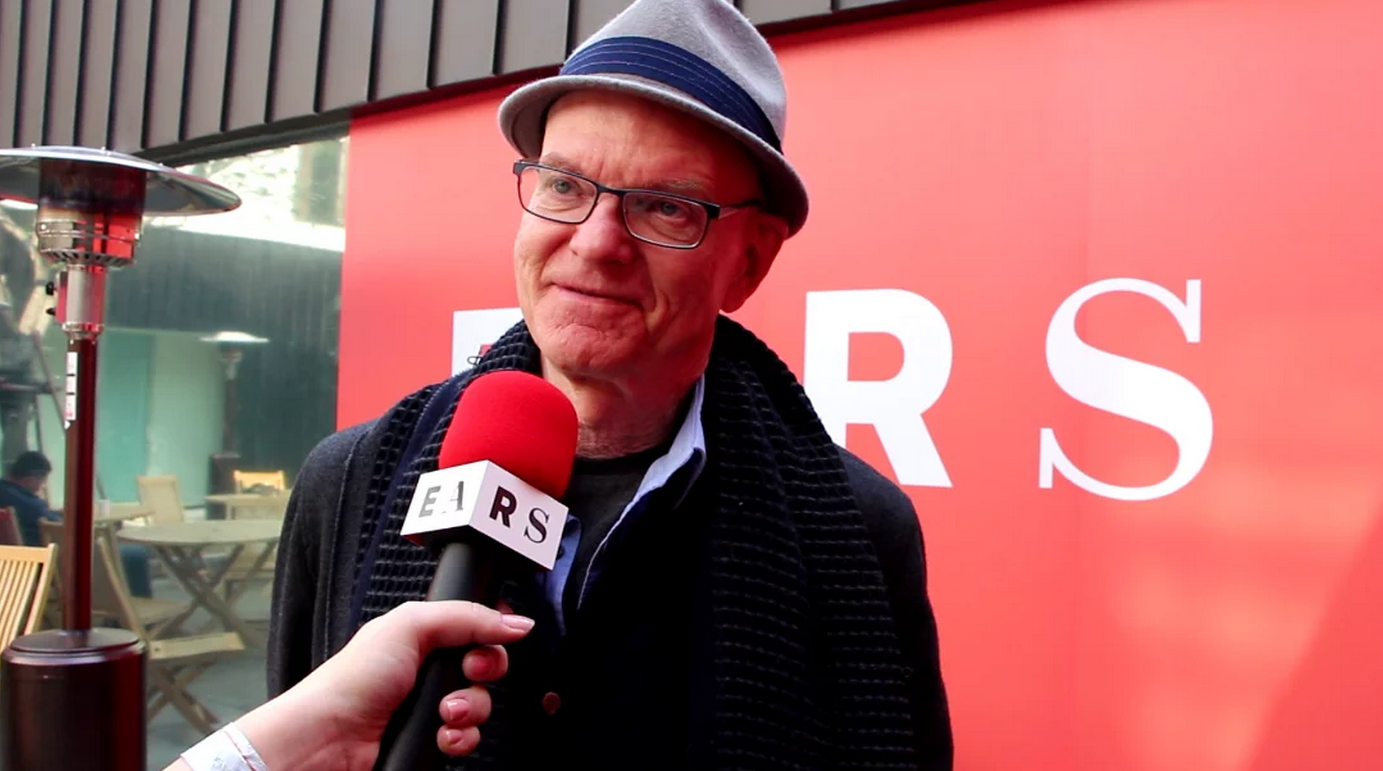Who are you and what do you do?
My name is Ed Bennett. I’m from New York and I run Bennett Media Studio which is a multimedia production studio and a live performance space.
You have a long history in the industry, could you tell about your career?
Well, I began my life as a musician, ended up studying architecture and from there digital design. I combined all these digital arts together and ended up running a music video channel called VH1. That became a really large enterprise from three people to one thousand people in the period of five years. After it got so big and successful business, it lost its creative connections so I left the big company and started being small again. That’s what I like to do, going back to my creative roots.
Music is an extension of the brain.
How has the music industry developed your personal career?
It has become so different. It used to be just music. Then came the television and all sorts of things. Music is now everywhere. Music is the connection point of our lives, it touches everything we feel, we touch. It’s on our cellphones, it’s in our subways, it’s on our TV-screens – so on every electronic device we have. Second thing about music that is interesting is that it’s a human invention that is all over the world. And as the history of people has grown, the history of music has grown as well and it has become something you can’t get rid of. It’s like the air we breathe. It’s pervasive, it’s everywhere. Music is so important to us that we take it for granted. In some ways music is the soundtrack to our lives. Everybody has a song that they think of when they feel some strong emotion in their lives. So to me, music is an extension to the brain.
We are now in EARS on Shanghai, in China. You are also very interested in the country – why?
I’ve been involved in some projects here in China and also some K-pop projects in Korea. K-pop itself is a fascinating subject. In China I feel like Marco Polo in a way – I’m exploring an entire new civilization and culture and it’s fascinating to me. There is so much activity and potential here and I find that now that they have gone through this huge cultural struggle, where they went from tradition to communism to common economics and now there is this all new found freedom in China. That freedom is giving rise to the explosion of all this creativity and ideas and this freedom is a little bit the head of inventions. They need help and advice on inventions. That’s why I think you find so many Westerners here. We come from very mature economies and cultures and when we come here, we all feel that we are very needed, wanted and loved here – so what’s wrong with that? That’s wonderful.
What should the West learn from the Chinese?
There are many things that we can learn from the Chinese. When you compare the 3000 year old culture to say American culture that is 300 years old – the Chinese were doing things a long before we even existed. The thing we could learn from them is that there is so much wisdom in the Chinese culture, so much patience. What they go through is something we can only imagine. Their philosophy of life, they see things differently than we in America do. We are always looking for something and they appreciate the value of nothing. It’s almost like a zen equation, the Asian culture is very much that way. If you take some of the Chinese poets, Lu Zhi, Du Fu, they all value nothingness over somethingness. I think Western artists could learn from this because every artist deals with the condition of nothingness before any creation. If you are a writer, you have a blank piece of paper. You have to create something. If you are a filmmaker – you have nothing. You have to come up with an idea and create something. You are a song writer, take your guitar out and just start with nothing and you build it. That’s the beauty of understanding and valuing that part of their consciousness and what is important to them.
It’s mind-numbing to think about the potential that the Chinese have.
How would you see the future of the cooperation between Asia and the West?
The cooperation is going to be very intense over the next 20 to 30 years. It’s going to be intensive to the point that is almost unimaginable. When you think about something that has to be created, every good invention is made from something we now don’t know. You can’t predict the future – it just happens. The whole premise of good design is that you create something that didn’t exist before. I see that the Chinese are going to transit into inventors and creators, which is their tradition – they have invented all kinds of things in the past. When they move back into this creative space with the size of their population – it’s mind-numbing. If you think about Finland for example, that’s a country of five million people and look what they’ve invented – Nokia, the architecture etc. A small country invented all this. Now can you imagine China turn into a creative culture just like Finland. They don’t have just five million people – they have three hundred Finlands, 1,5 billion people. What would happen if the Chinese just started to adapt some of these techinques – what could they invent. It’s mind-numbing to think about the potential that they have.



